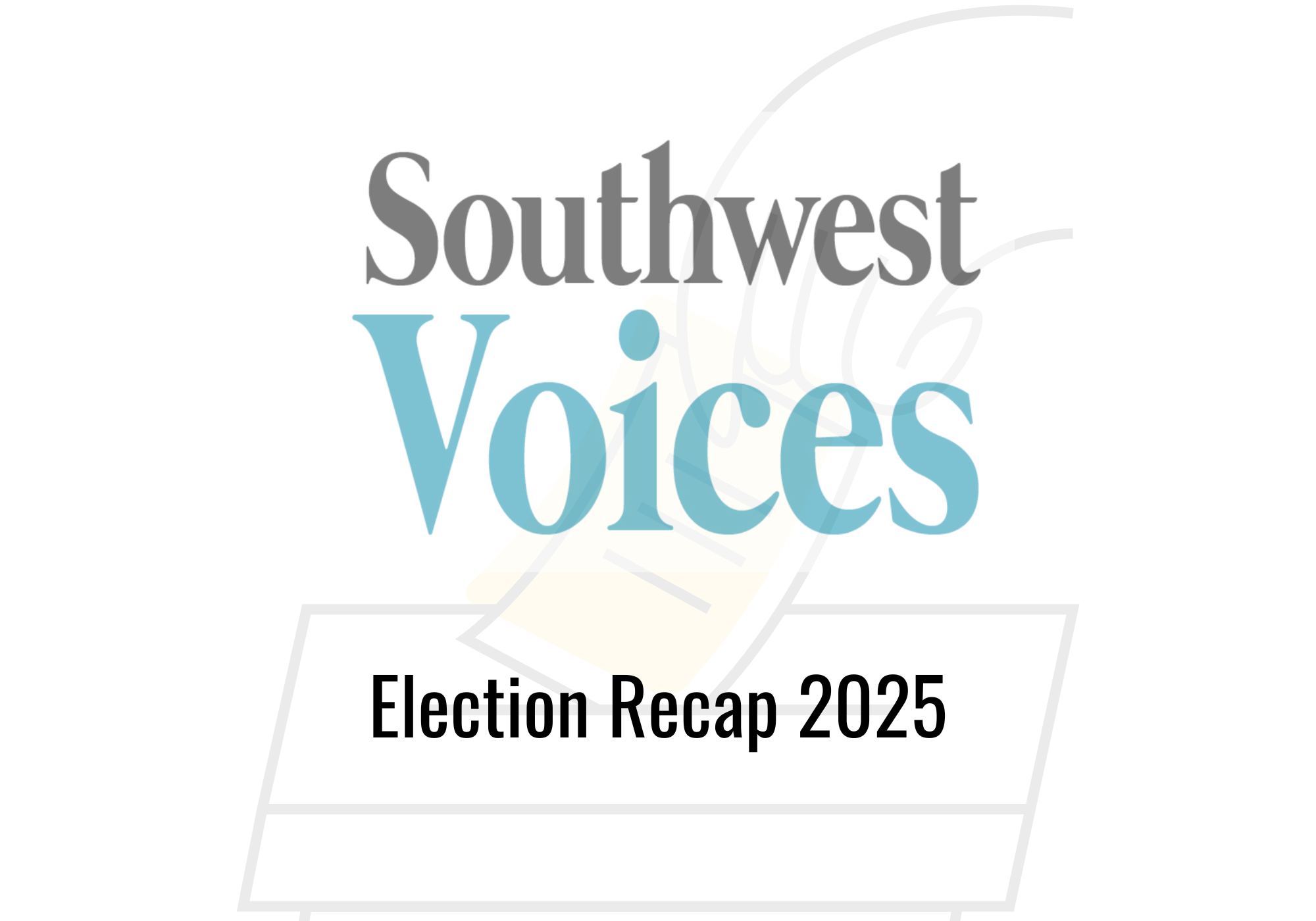Throughout the City of Minneapolis’ government, there are three non-city councilmember advisory boards and commissions that play a role in improving services and amenities for residents. One of those committees is the Minneapolis Advisory Committee on People with Disabilities, or MACOPD.
Established on Jan. 9, 1976 with Mayor Charles Stenvig mere days at the helm, the Minneapolis Advisory Committee on People with Disabilities meets virtually every third Wednesday of the month, and advocates for the 11% of residents that report living with some type of disability.
The committee is a legislatively required committee that has been in place since a few years after The Rehabilitation Act of 1973, a law that in part prohibits employment discrimination in government toward those with impairments. The law was passed by the U.S. Congress and subsequently signed by President Richard Nixon on Sept. 26, 1973.
“This is one of the main opportunities for city residents with disabilities to get access to City staff and share their thoughts and concerns,” said Guthrie Byard, the City’s first-ever community specialist for people with disabilities and facilitator of the committee.
The City hired Byard in early September. His position consists of several job duties, which include: assist the Minneapolis Advisory Committee on People with Disabilities to leverage its experience and expertise to improve accessibility across programs and services, field 311 and American with Disabilities Act, or ADA, Title II grievance submissions and work with the Public Works Department and property services on various other ADA complaints, and oversee the City’s ADA Action Plan.
The advisory committee serves as a resource to the mayor, City Council, City leaders and departments to ensure “proactive and holistic planning is in place and that appropriate actions are taken to prevent and address issues affecting persons with disabilities as a part of their work,” Byard said.
Committee meetings tasks include receiving presentations given by City officials, outside groups, and a variety of organizations on different types of projects, gives advice on how to implement ADA features within those projects, and discuss disability-related topics and vote on motions involving specific action items, such as gathering more insight on a particular issue.
To be completely honest and to my amazement, I never knew this committee existed until I had my first conversation with my current Ward 11 Councilmember Emily Koski in 2021. Boy, I am sure glad that she told me about this committee. As a longtime disability activist also living with a disability, I have a ton of ideas about how to make Minneapolis more inclusive for all and I knew this would be the perfect avenue for me to make my voice and opinions heard.
For example, while Public Works was giving an overview of the new Nicollet Avenue redevelopment project during the Oct. 18 meeting, I suggested making the new sidewalks wider for mobility devices and having the proposed raised pedestrian promenade be accessible by way of a ramp, instead of an elevator. At the same meeting, Daniel Elias, the project manager for the new Bde Maka Ska pavilion, presented several features of the new structure. I posed a question to him about where the accessible seating would be located at the small amphitheater. Elias confirmed that there is ADA seating in front.
“The Minneapolis Advisory Committee on People with Disabilities is incredibly helpful in providing recommendations and feedback on the impact of City policies on residents with disabilities; everything from website accessibility to street planning to economic development,” said Koski.
Minneapolis residents who are interested in joining the committee apply on the City’s website and are approved by the Mayor’s Office. Only four seats on the 15-seat board are filled. Why are so few seats filled? An insufficient number of people are applying to the MACOPD, some members have departed, and applications are moving slowly through the confirmation process. It is preferable that applicants have some knowledge about individuals who have disabilities and the ADA, but it isn’t a requirement.
In the last year-and-a-half, the committee has given recommendations on the newly developed Graco Park in Northeast Minneapolis, mobility hubs that have been installed on the northside, ADA Transition Plan, and how elections can be more accessible in the city. The body’s members also review some of the City Council’s honorary disability-related resolutions. The committee’s meeting agendas and minutes can be found on the Minneapolis Advisory Committee on People with Disabilities’ webpage.
Going forward, the committee hopes that the City and Minneapolis Park Board have big plans in the works for the disability community that will greatly strengthen experiences and involvement of those who sometimes feel left on the sidelines. Members will be ready to give their thoughtful suggestions as Minneapolis becomes more inclusive — and greatly enhances services and programs — for all.

.jpg)







